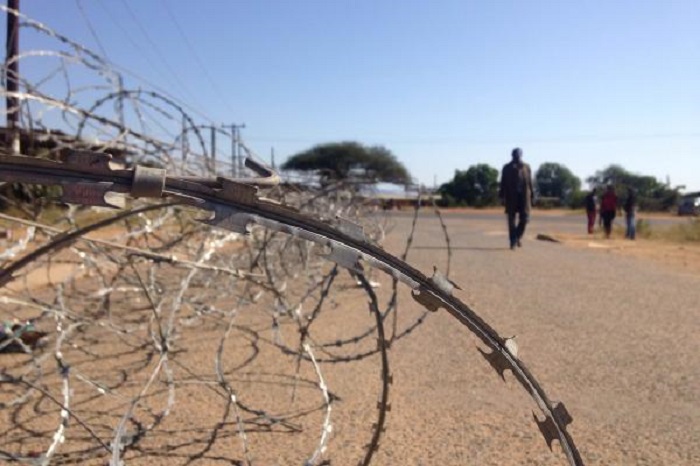The Municipal Demarcation Board (MDB) continues to do its work without fear or favour, and without any political bias, deputy chairperson Ashraf Adam said on Tuesday.
“Firstly, let me debunk that nonsense about us being politically aligned to anyone. We are not. The fact that several organisations and political parties are upset with the board is not necessarily an indication of our neutrality and independence,” Adam told reporters in Centurion.
“We do our work without fear or favour. The fact that people get offended is an indication of the independence.”
He said while there were gaps in the demarcation system, the overall process cannot be dismissed as flawed.
“It’s easy to say the demarcation process is flawed, in the same way we can say South Africa’s democracy is flawed. We are building a system. The local government system is now 16 years old. We have had several rounds of demarcation and re-demarcation. We have learnt lessons and whatever weakness there are in the system, we are trying now to begin to correct,” said Adam.
“This is part of embedding our democracy. Are there shining examples (where demarcation has proved to be the solution)? Demarcation is not the be all and end all of local governance. Anybody who thinks so doesn’t understand the local government system.
“We need to re-look at the powers and functions of municipalities in terms of the Constitution and the Municipal Structures Act. We need to re-look at the way we finance municipalities.”
He said these factors would improve the functionality of municipalities – which are often blamed as the sphere of government responsible for service delivery.
The MDB has the responsibility and power, among others, to determine and re-determine municipal boundaries as well as delimit ward boundaries throughout the territory of South Africa.
In the past boundaries demarcation has often been highly disputed, usually leaving behind a trail of destruction due to aggrieved communities protest.
Communities and political parties often allege that the demarcation or redemarcation is done to their disadvantage – either politically or in terms of poor or reduced services.
Violence erupted in Vuwani, in Limpopo, recently where residents violently objected to the MDB’s decision to merge Makhado and Malamulele. As many as 23 schools were torched during the protests.
On Tuesday, the MDB declined to address the Vuwani matter.
The MDB will, for the first time, be hosting a conference on demarcation and spatial transformation on June 23 and 24. The summit will bring together experts, law makers, government departments, public sector institutions, academics and researchers.
“The conference will focus on how to facilitate engagements amongst stakeholders on the complex issues of demarcation. It is also intended to contribute to the spatial transformation discourse in South Africa,” said the MDB in a statement.
“Attention will be given to demarcation trends, sustainability and viability of municipalities, public and stakeholder participation, ward de-limitation as well as the metropolitan system of governance.”
[Source: African News Agency]





 WhatsApp us
WhatsApp us 

